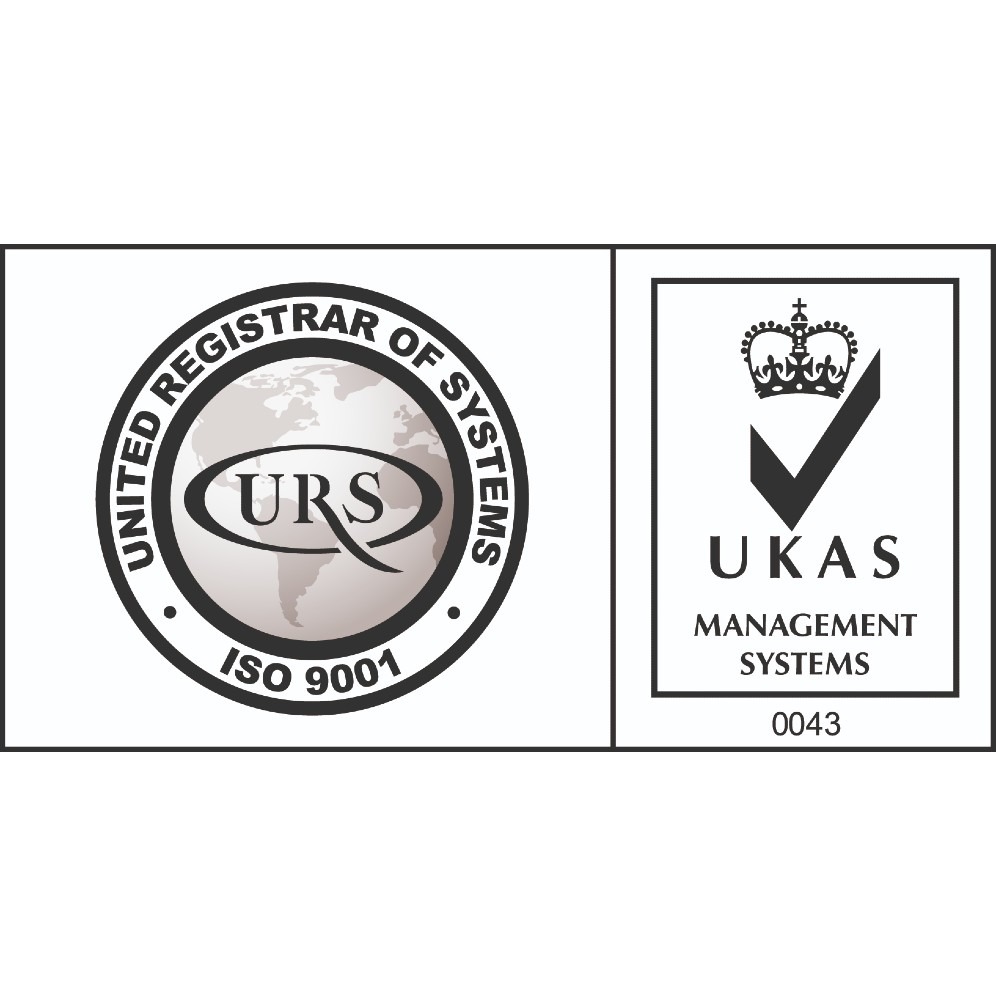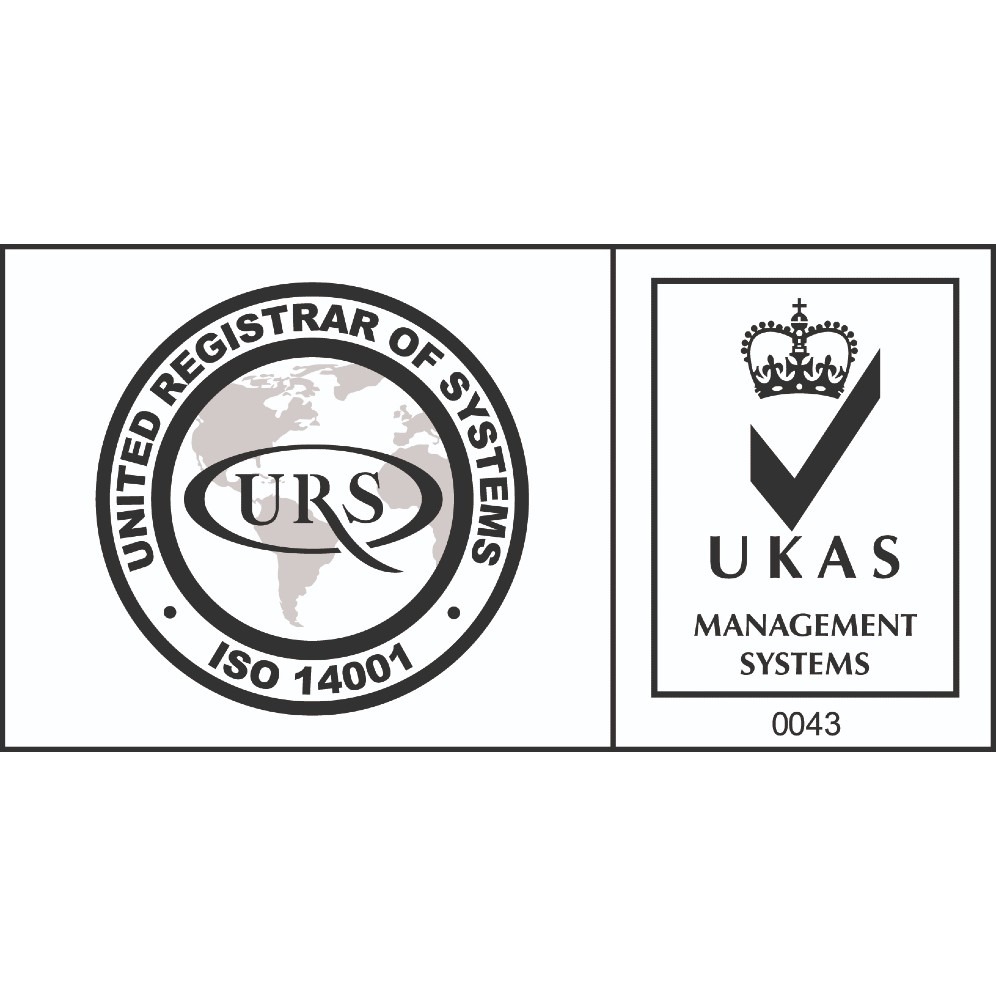Many people wonder whether recycling is really worth their time. The separating, the washing, the transport, the storage. Not even experts can agree on the economic and environmental benefits of recycling. Four of the most common arguments for recycling are: it reduces landfill waste, it saves public money, it creates jobs, and it encourages consumers to reduce waste in the first place.
Everybody knows by now that landfills are not the most effective solution to waste disposal, especially when it comes to plastics. When in landfills, some additives to plastic are known to migrate into water, which then travel into the soil, degrading the surrounding areas. Plastics also consume a disproportionate amount of landfill space because they do not degrade and shrink like other waste. Not a great idea.
It costs a lot of money for local authorities to manage household waste. Disposal facilities owned by private companies charge gate fees per tonne of waste at around £107 per tonne for landfill and £86 per tonne for incineration. That’s some expensive rubbish. Alternatively, recycling can further the life of the product, recirculating within the economy, saving money on materials and productions costs.
The charity Green Alliance claimed that recycling and reuse could create over 200,000 new jobs in the UK. Compared to disposal, recycling does create jobs, because waste sorted by consumers provides feed stock for an economy in global materials.
Knowledge of waste management and the consequences of mismanaged waste are ever present in media. Knowing how to properly recycle and the consequences are causing consumers to make changes in their spending habits, which can be seen in supermarkets. Thornton Budgens is Britain’ first supermarket to introduce plastic-free zones.
The Telegraph have more information here.
To do your part in recycling, partner GreenAgenda today.






